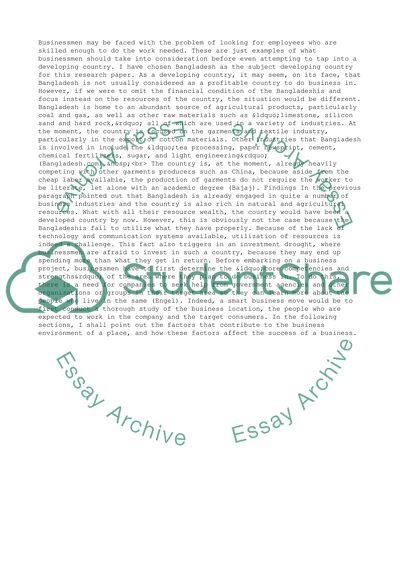Cite this document
(“Business in Bangladesh Research Paper Example | Topics and Well Written Essays - 2500 words”, n.d.)
Business in Bangladesh Research Paper Example | Topics and Well Written Essays - 2500 words. Retrieved from https://studentshare.org/business/1402736-read-the-instructions-
Business in Bangladesh Research Paper Example | Topics and Well Written Essays - 2500 words. Retrieved from https://studentshare.org/business/1402736-read-the-instructions-
(Business in Bangladesh Research Paper Example | Topics and Well Written Essays - 2500 Words)
Business in Bangladesh Research Paper Example | Topics and Well Written Essays - 2500 Words. https://studentshare.org/business/1402736-read-the-instructions-.
Business in Bangladesh Research Paper Example | Topics and Well Written Essays - 2500 Words. https://studentshare.org/business/1402736-read-the-instructions-.
“Business in Bangladesh Research Paper Example | Topics and Well Written Essays - 2500 Words”, n.d. https://studentshare.org/business/1402736-read-the-instructions-.


